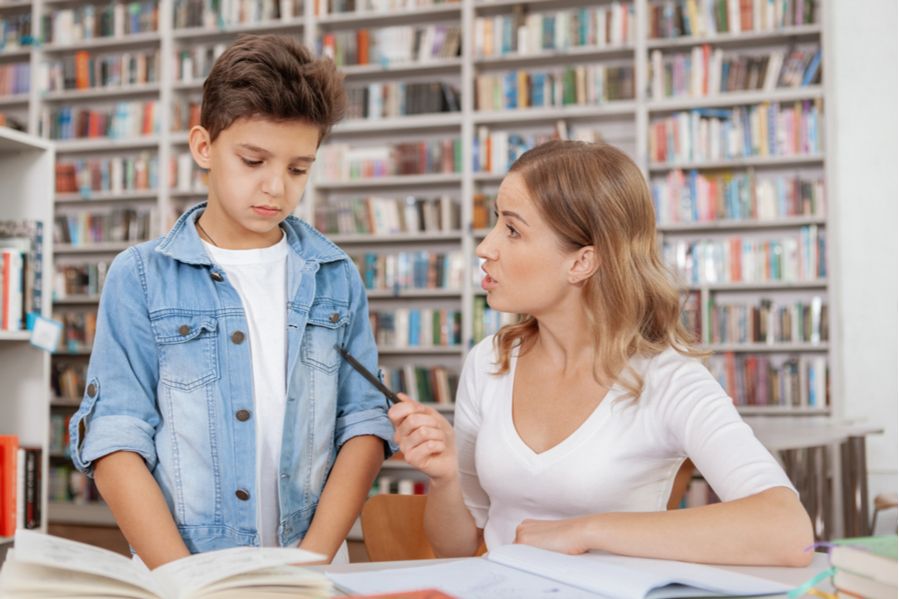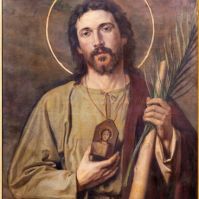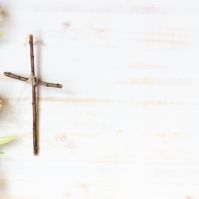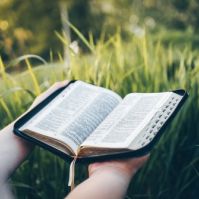
Thanks to COVID-19, schools across the country are closed for the foreseeable future, and parents have been thrust into the responsibility of being the primary educators for their children every day in a homeschooling environment. But now some experts are concerned about what that means for the quality of education children are receiving, especially those in religious families whose beliefs might conflict with important topics like science and history.
Does Homeschooling Threaten Society?
Many parents (with some estimates as high as 90%) who choose to homeschool in normal times do so to provide children with a traditional Christian education and shelter them from secular state education system. An(albeit extreme) example of this movement is “Quiverfull” families. These fundamentalist Christian families focus on having many children and educating them according to strict Biblical teachings.
The thing that worries some experts is that parents who homeschool their children basically have free reign to teach a curriculum that they feel is best for their child. While there are some rules and guidelines as to what can be taught, these are difficult, if not impossible, to enforce. On top of that, only about a dozen states regulate the level of education a parent needs to provide homeschool education. And in some states, you do not even need to register your child as being homeschooled - they can simply stay home.
One such expert, Harvard Professor Elizabeth Bartholet, authored an article titled “The Risks of Homeschooling,” arguing for a ban on homeschooling due to the “threat it poses to children and society.” She contends that extremely religious families in particular cannot be trusted to provide their children with a proper education due to their inherent religious biases influencing their teaching.
Now with families stuck at home together 24 hours a day and parents in charge of education for the rest of the school year, lax regulations can lead to parents teaching whatever they choose regardless of how extreme or inaccurate their views are.
Parents vs. the State
The homeschooling community was quick to push back against Bartholet’s article, insisting that children, first and foremost, belong to their parents, not the state. “Unlike teachers and school administrators, parents are the most permanent adults in a child’s life,” said Katy Faust, founder of Them Before Us, a children’s rights organization. “The permanent nature of the parent-child relationship means parents are the adults most invested in children’s long-term success. That’s why parents, not the government, are the primary educators of their children.”
Faust argues that a system of homeschooling parents needing to prove to the state that their child is receiving an adequate education is backwards; schools should be the ones proving to parents the merits of attending traditional schools. “That out of touch elites fail to grasp these simple, self-evident truths should make us even more wary to trust them with control over our children’s education."
The Christian community has long championed the homeschooling cause as leaders have often held a skeptical view at best of traditional public schools. The president of the Southern Baptist Theological Seminary, Al Mohler, used his podcast to criticize Bartholet’s premise and echo that view of public schools claiming they were designed as a “socializing agent and of course there was an ideological component to this as well.”
According to one of his recent broadcasts, progressives “have found that it is the indomitable strength of the natural family that is the greatest obstacle” and that they have to target today’s youth to reshape society as they see fit. Progressives, he insists, “have seen the public schools as the great ally” and ultimately fears restrictions towards homeschooling will be broadened to include Christian schools as well.
Is Homeschooling on the Rise?
With homeschooling so commonplace during stay-at-home orders and the length of these orders still unknown, questions are sure to continue regarding the effectiveness of homeschooling as well as whether children solely belong to parents or if they belong to society as a whole.
But with our country currently seeing religious fundamentalists still maintaining a strong political influence, it seems unlikely for homeschooling to be reined in anytime soon. Plus with so many children now homeschooling, some fear that religious families will simply continue teaching their children from home and refuse to return them to the public school system.
Do you have any thoughts? Are parents solely responsible for their child’s upbringing or is it society at large that should bear the brunt of educating our youth to ensure they are productive members of our communities?



